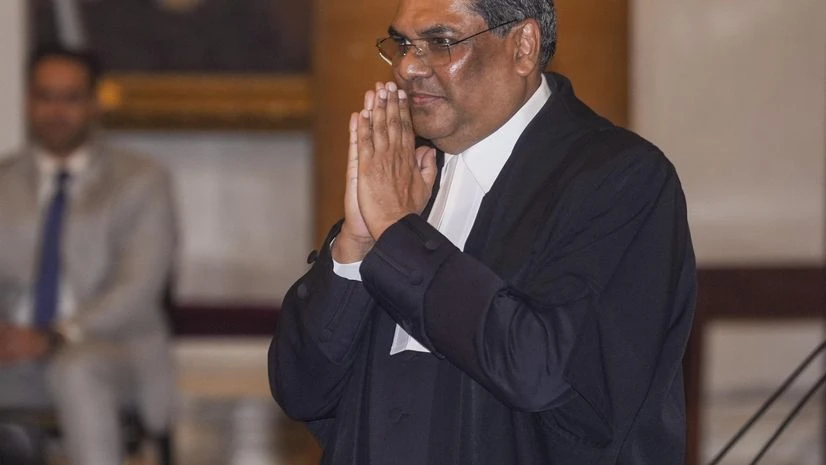Chief Justice of India (CJI) Sanjiv Khanna has recused himself from hearing a series of petitions challenging a contentious law that excludes the judiciary from the process of appointing the Chief Election Commissioner (CEC) and Election Commissioners. The matter will now be heard by a new bench starting January 6, 2025, reported NDTV.
CJI Khanna, who was part of the two-judge bench that began hearing the petitions in March 2023 as a Supreme Court Justice, cited his current role as the Chief Justice as the reason for his recusal. “It is a different scenario,” he said during the hearing.
His recusal sends the case to another bench, with the Supreme Court directing parties to complete their pleadings before the new hearings in January 2025.
The controversial CEC appointment law
The petitions challenge the Chief Election Commissioner and Other Election Commissioners (Appointment, Conditions of Service, and Term of Office) Act, which was passed during the winter session of Parliament in 2023. The law removed the Chief Justice of India from the three-member selection panel, replacing the judicial representative with a Union Cabinet Minister.
The earlier selection process, mandated by the Supreme Court in 2022, included the CJI, the Prime Minister, and the Leader of the Opposition (LoP) in the Lok Sabha to ensure transparency and impartiality in the appointments.
Supreme Court’s interim orders and new appointments
In the lead-up to the April-June 2024 general elections, the Supreme Court had refused to stay the implementation of the new law. A bench comprising then-Justice Khanna and Justice Dipankar Datta declined to intervene despite petitions filed by opposition leaders, including Congress MP Jaya Thakur, and civil society organisations such as the Association for Democratic Reforms.
More From This Section
During this period, the Election Commission faced a critical juncture with two key vacancies. Following the resignations of Election Commissioners Arun Goel and Anup Chandra Pandey in March, only CEC Rajiv Kumar remained in office. The government subsequently appointed Gyanesh Kumar and Sukhbir Singh Sandhu to fill these positions under the new law.
Opposition and civil society criticism
The law has drawn significant backlash, with opposition leaders accusing the ruling government of undermining the Election Commission's independence. Critics argue that removing the judiciary from the selection process compromises the neutrality of the appointments and raises concerns about potential conflicts of interest due to the presence of political figures on the panel.
The Opposition called it a "systematic decimation of government institutions,” demanding the reinstatement of the Chief Justice in the selection committee to ensure checks and balances.
Government defends the law
The Union government defended the legislation, dismissing the criticism as politically motivated. It maintained that individuals holding high offices are “presumed to act fairly” and that the law was enacted to streamline the appointment process.
Challenging the petitions, the government argued that allegations against the new law were “unsupported and pernicious statements” aimed at creating political controversy.

)